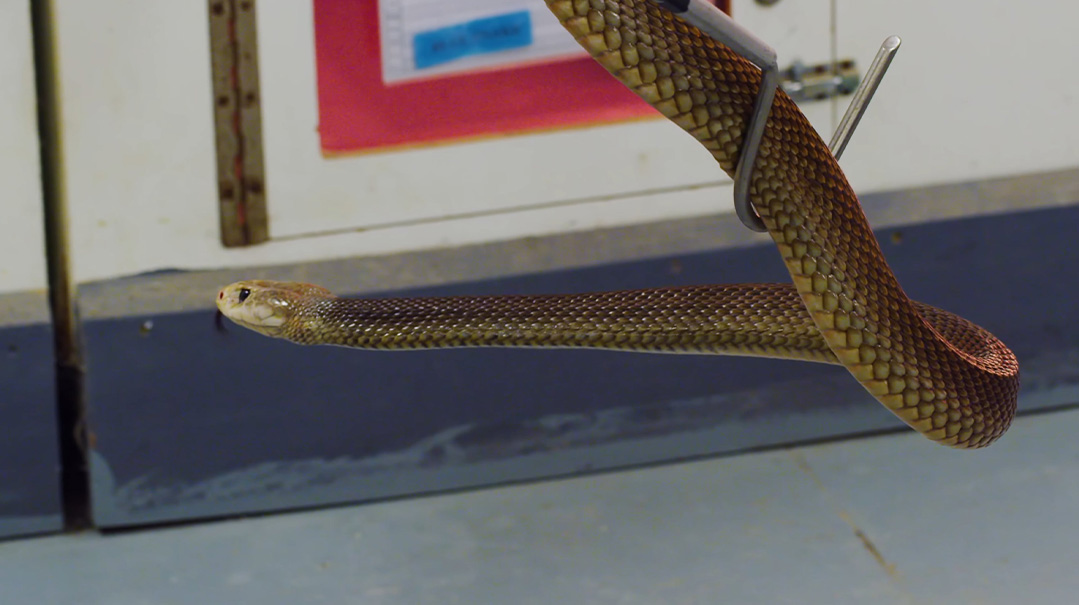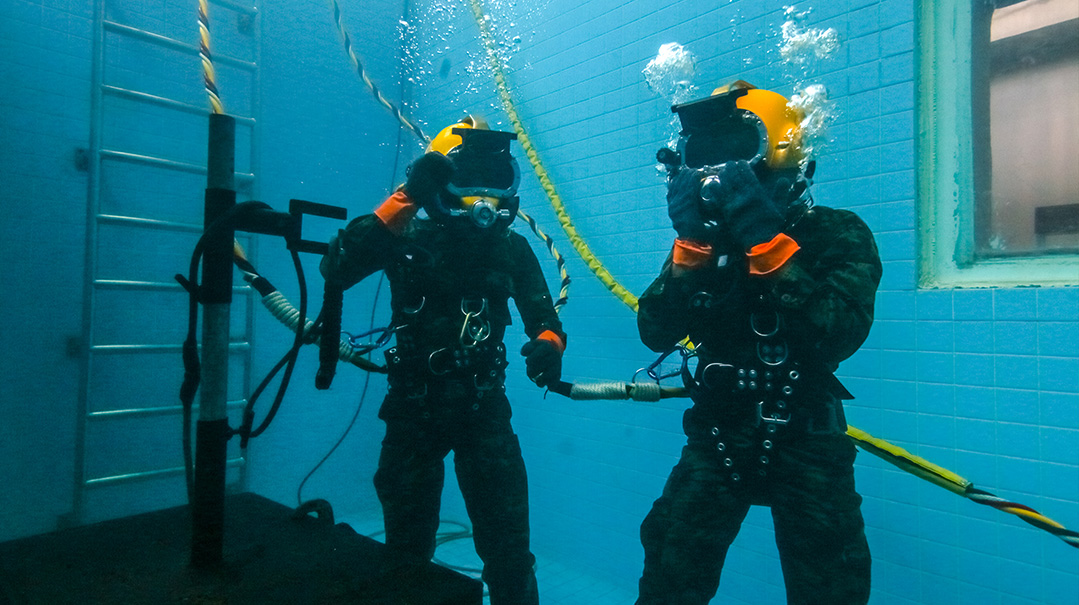Wait, That’s a Job?

Don’t want to work in any of the standard professions? No prob. This list has you covered. Or… maybe not!

Professional Sleeper
You can actually get paid to sleep! Professional sleepers analyze (i.e., sleep on!) all different types of mattresses and bedding for manufacturers, making sure the product is high quality, comfortable, supportive, and durable. They then write detailed reports about their experience.
Where: Manufacturing facilities
Training: You’ll need a PhD in napping and a master’s in comfort. Just kidding. But loving sleep is a must! Employees must be passionate about snoozing in style, have good sleeping habits, and be able to talk about their sleep in a way that won’t put others to sleep.
Salary: Varies. They often are paid per project. Some sleepers earn hundreds of dollars a month while others earn thousands. It depends on how often they work and what type of testing they do.
Demand: Low, with very few positions available.
Snake Venom Milker
For those daring enough, snake venom milkers extract venom (i.e., poison) from asps, vipers, cobras, coral snakes, mambas, and rattlesnakes by holding, restraining, and causing them to strike (that is, eject venom) in a collection container.
Where: “Serpentariums” or labs that house and research venomous reptiles
Training: Think you’re up for the challenge? Employees learn how to handle poisonous snakes using protective equipment while following strict safety protocols. After all, no one wants a snakebite on the job!
Salary: Snake milking is highly specialized and really dangerous! Because so much training is needed and demand is high (for medical use), snake milkers earn an average of around $66,350 per year.
Demand: Snake milkers will always be needed, but it’s a small industry with only few open positions.
Some venoms can sell for anywhere between $2,000 – $4,000 a gram.

Pet Food Taster
Love animals and want to help them enjoy their food? Pet food tasters evaluate the taste, flavor, consistency, texture, and quality of pet foods (like dry kibble, canned foods, dog and cat treats, etc. Yummm…) to make sure they’re appetizing and healthy for pets.
Where: Pet food companies and research facilities
Training: Pet food tasters rely on their own senses (how do they know what pets like?!), and often have a background in animal behavior and nutrition.
Salary: Usually between $30,000–$60,000 per year.
Demand: Very uncommon. Not for the kosher job hunter, that’s for sure!
Waterslide Tester
Get paid to have fun! Waterslide testers make sure slides are more “woo-hoo!” than “uh-oh.” They check speed, turns, water flow, and guarantee that every ride is safe and fun.
Where: Water parks (where else?)
Training: Dive into this if you’re over 18 and passionate about water parks and activities.
Salary: $30,000–$34,000/year
Demand: Limited
This is often a seasonal job. Work is not always available in the winter.

Golf Ball Diver
Golf ball divers take a swim as you swing, dishing out balls that missed the hole from ponds and lakes.
Training: This job is not for the average swimmer! Divers need to be fit, skilled in snorkeling or scuba gear, and adept at retrieving underwater balls. Then they sort, clean, and resell the balls.
Where: Golf courses
Salary: Varies depending on location, experience, and number of balls they salvage. Compensation is around $100–$200/day.
Demand: The more golf courses around, the busier these divers are.

Underwater Welder
Can you say ‘underwater welders weld watercrafts’ ten times fast? Workers use heat to join metal pieces underwater, fixing ships, pipelines, and oil platforms.
Training: Aspiring underwater welders need both a commercial diver’s badge and a welder’s certificate, with some underwater welding expertise. Fitness and a safety mindset are also important!
Salary: $40,000–$100,000+/year
Demand: There’s a need for underwater welders in the oil and gas industries, as well as in ship repair and underwater construction.
Professional Nose
“Nosers” or “Perfumers” create fragrances and test out scents for various industries, including perfumeries, makeup brands, and food companies.
Training: While having a nose for the job is essential, workers must also have a degree in chemistry, biology, or a related field. They further refine their skills through specialized training at fragrance schools or as an apprentice.
Salary: Starts around $40,000–$60,000/year. Experienced perfumers can earn six figures.
Demand: There is demand, but competition is fierce. Aspiring “noses” create portfolios of fragrances to showcase their skills.

Your Turn!
Which of these jobs would you be most likely to try? Rank your preferences in order and send ’em in to treeo@mishpacha.com by November 2nd to get featured! Don’t miss out: five winners will be chosen to win an unusual prize delivered to their door!
My Dream Unusual Job:
- Professional Sleeper
- Snake Venom Milker
- Pet Food Taster
- Waterslide Tester
- Golf Ball Diver
- Professional Nose
- Underwater Welder
(Originally featured in Mishpacha Treeo, Issue 983)
Oops! We could not locate your form.






